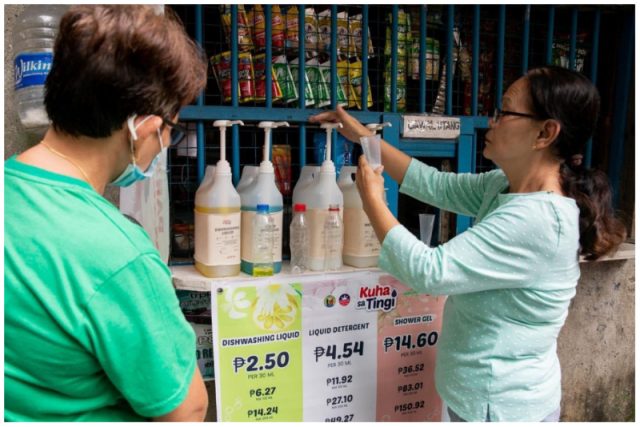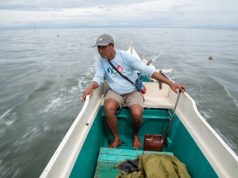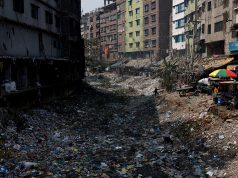
Filipinos have been used to purchasing items in small sizes, may it be shampoo in sachets, coffee in packets, and dishwashing liquid.
Filipino author Nick Joaquin called this “tingi culture.”
While this practice helps ordinary Filipinos survive each day due to the increasing costs of basic commodities, the waste produced from packaging causes great harm to the environment.
Given this problem, Greenpeace Philippines launched an initiative to minimize the use of plastic sachets.
With the project “Kuha sa Tingi,” the environmental group installed refill stations in sari-sari stores.
People can purchase different commodities in these stores such as shampoo and body wash, dishwashing liquid, liquid detergent, and fabric conditioner in smaller quantities.
LOOK: Shampoo, dishwashing liquid at marami pang ibang daily essentials pwede nang makuha sa TINGI minus the plastic sachets? WINNER!
This #ZeroWasteMonth, we’re making the “tingi culture” more sustainable and less harmful to the environment. pic.twitter.com/NITml8n5Ni
— Greenpeace Philippines (@gpph) January 12, 2023
This Greenpeace project was initiated in collaboration with the San Juan City government and Impact Hub Manila.
According to World Bank Report, 2.7 million tons of plastic waste are generated in the Philippines each year.
Forty-eight percent of the country’s plastic waste came from packaging, based on a report by SEA Circular.
RELATED: Waste collection drive: 5 Metro Manila malls where you can donate plastic waste









